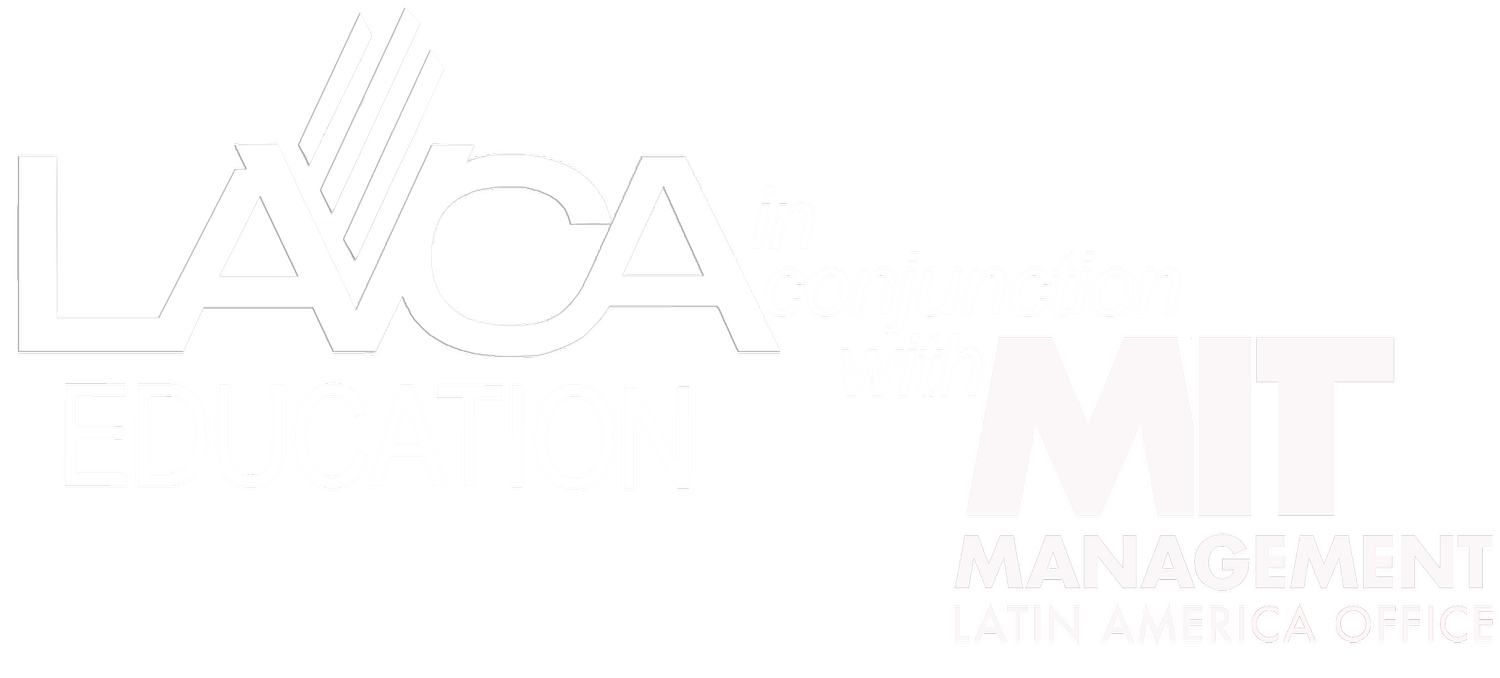Value creation is the essence of effective private equity investing. It goes beyond financial engineering and cost cutting and is rooted in operational expertise which starts with due diligence and continues throughout the life of the investment.
The opportunity to create value resides in the most basic components of the private equity transaction. The design of the capital structure and compensation schemes is fundamental to aligning the interests of management and the PE fund in guiding the company through to maximum value. Planning for operational improvements and the way these will be monitored and measured must be worked into the negotiation of transaction agreements and recruitment plans. Finally, the role of the Board and the governance structure must be designed with the sole aim of driving and monitoring value creation energetically. In a minority investment, alignment with the controlling shareholder prior to the investment is essential and, key disagreements in how to create value are an obvious “deal breaker”.
When looking at each PE investment, what are then the basic tenants of value creation that should be considered?
1. Prioritize Cash
Leverage or, in its absence, capital scarcity, creates discipline and a sense of urgency in generating cash.
Improve cash flow through working capital improvements and elimination of most discretionary expenses.
Availability of working capital debt in Latin America is not a given – consider a facility provided by PE fund itself.
Only projects that create value are approved or even considered.
Rebuild cost structure from zero (zero base budgeting).
Categorize activities as:
must have” (legal, regulatory, “keep lights on”)
“smart to have” (it creates differentiation capabilities)
nice to have” (everything else, target for elimination).
2. Time is Money
Time is fundamentally tied with the need to generate cash as rapidly as possible.
Multiple of cost generates actual gains for PE firms and their investors, but funds are largely measured by IRR.
A 100-day plan adds a level of urgency. It is also a signal that “things have changed.”
No time for consensus building or socialization of initiatives.
Empower management teams to make swift decisions and be accountable for them.
Waiting carries an opportunity cost.
PE firms regret making sooner, earlier decisions far more often than delaying initiatives
3. Long-Term Focus
Speed and decisiveness isn’t inconsistent with long term focus.
What’s next after obvious cost cutting? – invest in the long-term value creation potential.
Strategic value is only acquired through positioning a company for consistent long-term outperformance which is linked to building unique, differentiating competitive advantages that include brands, sales force, processes, and above and most difficult of all, culture.
4. Assemble the Right Team
Strong, effective leadership is critical to the success of any investment.
At times, finding management is even more important than identifying an asset.
There are managers who see value where few people can identify it. In competitive situations, this is equivalent to having the winning hand.
Assessment of talent begins at due diligence, intensifies after closing, and has to be constantly monitored through the life of the investment.
Change starts at the top - one third of portfolio companies’ CEOs depart in the first 100 days and 2/3 are replaced during the first four years.
PE firms must continually reassess individuals in top and middle levels and quickly remove or replace low performers.
Private equity is ultimately about the people. Over the last few years, quality of management is becoming more of a differentiator in Latin America.
5. Link Performance and Compensation
CEO and senior managers should get wealthy if the portfolio company succeeds. They should also suffer if the opposite is true.
Pay modest salaries, highly variable bonuses, and outsized long-term compensation incentive packages.
Stock options and, better yet, purchases are essential – “skin in the game”.
In the absence of a culture of employee stock ownership in Latin America, PE firms can easily have an impact on management incentives.
6. Select the Right Metrics
Select few, key, and customized metrics.
Create clear, aggressive targets in critical areas and tie management compensation directly and solely to those targets.
Cash generation is the true barometer of performance. Be cautious of pro forma metrics and the multiple, creative ways to define EBITDA.
Return on investment capital (ROIC) should be the driver of all investment decisions and ultimately of the success of the investment.
High return on equity (ROE) businesses are simply worth more than lower ROE businesses.
These tips come from the value creation lesson at the LAVCA | MIT Inside Private Equity Deal Making in Latin America program. Access information about the 2018 program here.
About the Author
Martín Díaz Plata, Managing Partner, Capital Group Private Markets and LAVCA | MIT Inside Private Equity Faculty Martín E. Díaz Plata is a Managing Partner of Capital Group Private Markets (CGPM), the private equity unit of The Capital Group, responsible for leading CGPM’s investment activity in Latin America. Mr. Díaz Plata is a Co-Chair of the Investment Committee and a member of the Private Markets Executive Committee. He serves on the board of directors of Koba International Group, Tanner Servicios Financieros, El Tejar Limited, and Eaton Towers Africa Holdings UK Limited. He is also a board member of several non-profit organisations: the Latin American Venture Capital Association (LAVCA), the British Colombian Chamber of Commerce (BCCC), and Children Change Colombia. Before joining Capital Group, Mr. Díaz Plata worked at Donaldson, Lufkin & Jenrette (“DLJ”) from 1995 to 2002 in its investment banking and private equity groups in New York and Buenos Aires; and at Corporación Financiera del Valle from 1990 to 1993 in its fiduciary and brokerage divisions. Mr. Díaz Plata is a graduate in Finance and International Relations of Universidad Externado de Colombia and holds an MBA from Columbia University Graduate School of Business. Mr. Díaz Plata was previously a director of, among other privately held companies, Arcos Dorados Holdings, Jumbo Retail Argentina, Magazine Luiza, and Peñaflor. He grew up in Bucaramanga and is currently based in London.


